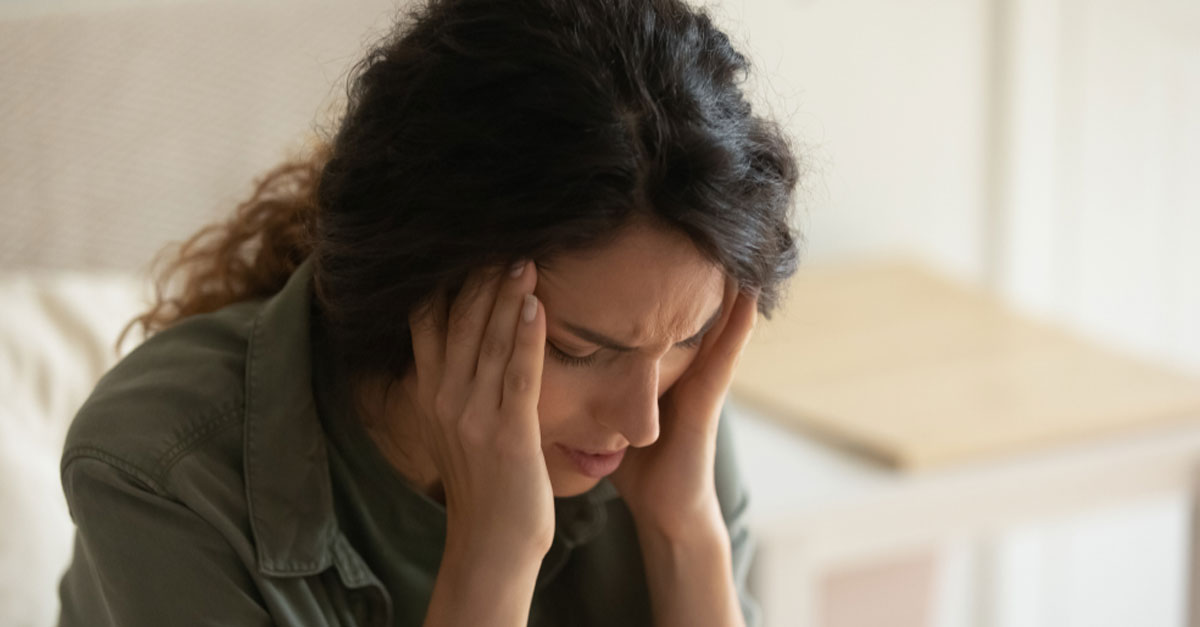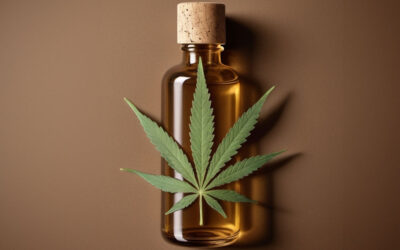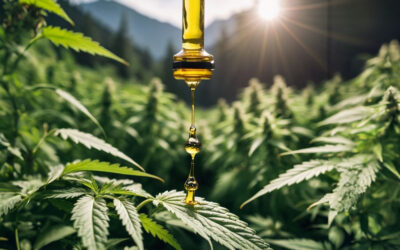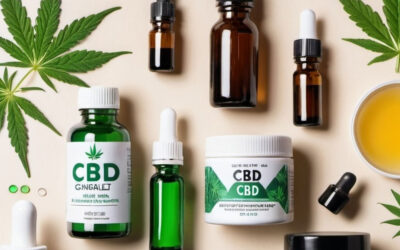Taking Too Much: What is Greening Out?

Taking Too Much: What is Greening Out?
We’ve all been through it before. Maybe we didn’t realize our limits or had too much of a strong edible. Suddenly, an overwhelming feeling of sickness washes over us, causing us to “green out.” While there haven’t been any known examples of life-threatening cannabis overdoses or long-term injury caused solely by cannabis, this sensation of greening out is an unwelcome side effect of smoking (or eating) too much pot.
But fear not! Greening out does pass quickly, and it can be avoided. In this guide, we’ll dive into what happens when you get too high, how to prevent it, and what you should do if it does happen.
What Is Greening Out?
Greening out is a term used to describe the physiological and psychological effects of consuming too much cannabis. It’s another term for getting “too high.” It is more common with new cannabis users, but let’s be real; it can happen to the best of us.
We don’t know precisely what causes us to green out. Some theories point to an accelerated heart rate and reduction in blood pressure, but we have yet to see any studies on it. What we do know for sure is that greening out results from taking too much THC. Symptoms include:
- Paranoia and/or anxiety
- Extreme limb heaviness
- Sweating or chills
- Dizziness or loss of concentration
- Increased heart rate
- Nausea
The severity of the symptoms varies and might last from a few minutes to several hours. Fortunately, these symptoms typically go away on their own within a few hours.
Note: Understanding the potential risks of greening out is essential, even if it is seldom dangerous. People who have previously experienced anxiety or panic attacks should exercise extreme caution when consuming cannabis. Also, anyone who consumes alcohol or other drugs should be particularly careful, as cannabis can exacerbate the effects of such substances and lead to hazardous situations.
How To Prevent Greening Out
To put it simply, you can avoid greening out by not using too much cannabis. However, many times there are also other factors involved. For example, green outs are more common among some individuals than others because marijuana affects people differently. Here are some ways to prevent a green out:
- An unwanted green out may be more likely to happen to new cannabis users or consumers who don’t use cannabis often. If you aren’t regularly smoking like Snoop Dogg or Khalifa, don’t start now. Just remember to keep your dose low.
- Proper sleep, nutrition, and hydration play a huge part in how cannabis affects us. To avoid the dreaded green out, make sure these things are in order.
- If you only need a small quantity of cannabis to experience its benefits, start slowly by microdosing to ensure you know what you can tolerate.
- Cannabis, like alcohol, has a stronger impact when ingested on an empty stomach. Don’t wait for the munchies. Instead, eat a little something before your smoke session.
- There is a much higher chance of greening out if you mix THC with alcohol or other drugs. It’s always a good idea to avoid “cross-fading” so that negative interactions don’t occur.
What To Do If You Green Out
Avoiding a green out in the first place is your best bet, but sometimes it just happens. So if it does, don’t freak out! Here is what to do to make it a smoother ride and go away even quicker:
- Chill out in a cozy spot, drink some water, and munch on a little fruit to keep those blood sugar levels steady. Don’t forget to take deep breaths and throw on your favorite tunes or TV show to take your mind off things. Make sure you’re in a laid-back atmosphere so you can kick back until the episode winds down.
- Take some CBD. That’s right. Our plant is so awesome that it gives us a cannabinoid to help with taking too much of another cannabinoid. Anecdotes and science say that CBD can moderate the psychoactive effects of THC to produce a more serene, calming body high with less anxiety.
- There’s some promising research about the benefits of beta-caryophyllene and limonene in reducing anxiety symptoms. Beta-caryophyllene has been shown to block THC’s ability to bind to CB1 receptors in the brain, while limonene has demonstrated anti-anxiety effects in animals. This means that natural remedies like chewing on some lemon rind or black pepper could potentially reduce green-out symptoms.
Closing Thoughts
Experiencing a green out from consuming too much cannabis can be an uncomfortable experience, but fortunately, it’s only temporary. To avoid the unpleasant effects altogether, start with small doses and gradually increase until you find your sweet spot. But if you do end up having a green out, don’t freak out. It will pass within a short time, and you’ll soon be feeling like yourself again. And next time, take it easy.
**These statements have not been evaluated by the Food and Drug Administration and are not to be taken as medical advice. These products are not intended to diagnose, treat, cure, or prevent any disease. Consult your physician before taking any new drug or supplement.
Latest GreenCore News
CBGA: The Mother of All Cannabinoids
CBGA: The Mother of All Cannabinoids CBGA, often called the "mother of all cannabinoids," is gaining significant attention. This foundational cannabinoid is showing promise in reducing seizures and treating conditions like insomnia and chronic pain. Recently, its...
Cannabis Concentrate Spotlight: Rick Simpson Oil
Cannabis Concentrate Spotlight: Rick Simpson Oil Rick Simpson Oil has become a cornerstone in the world of cannabis products. Renowned for its versatility, this concentrate offers a multitude of benefits for both medical patients and recreational users.In this blog,...
CBD 101: Properties, Production, and Potential
CBD 101: Properties, Production, and Potential CBD has rapidly evolved from a little-known compound to a household term. But while it has become a ubiquitous term, many remain unclear on what cannabidiol actually is. In this blog, Green Core Specialty Insurance...
Contact Us
Office Location
1600 Golf Road, Suite 1200
Rolling Meadows, IL 60008
Office Hours
M-F: 8am - 6pm
Phone
847-201-4600



